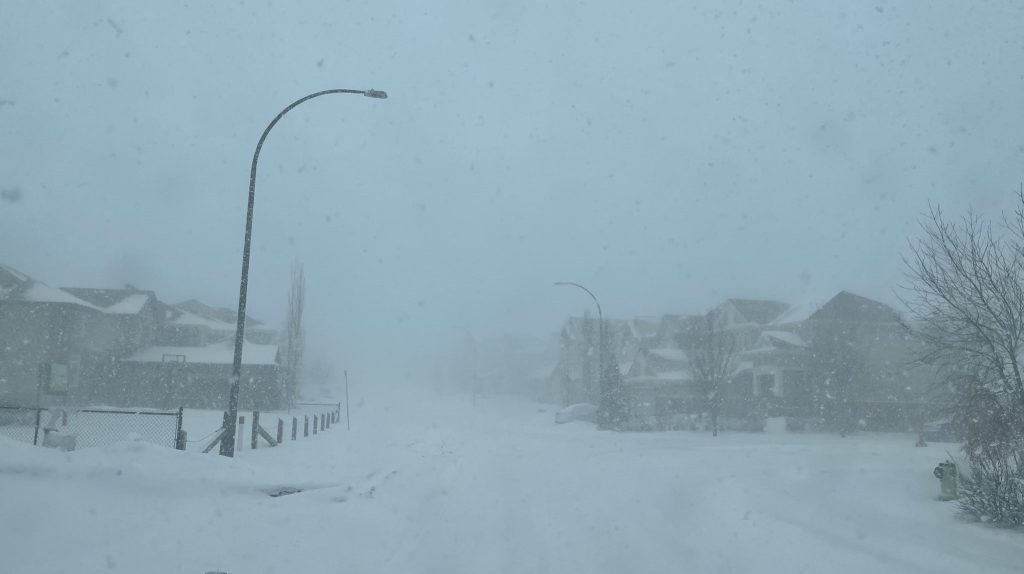Orange ribbons keep conversation going, but more needs to be done on path to reconciliation: Siksika Chief
Posted Jul 15, 2021 8:19 pm.
CALGARY — Knox United Church in downtown Calgary made the decision to tie orange ribbons among their garden to keep the conversation going about residential schools across Canada.
The church also put up posters within its cafe that represented the children who never made it home.
“We understood that was significant, that it was important to recognize that we can’t pretend it didn’t happen,” said Reverend Greg Glatz. “That it’s important for us to step forward and say ‘we are connected to this story, and we have to take ownership for part of this story.'”
Glatz says his church immediately recognized that the residential school system was a combination of work done by the Government of Canada and the country’s churches, and his church fell under that umbrella.
“So, I think all settlers, all White people have a role in this story, either represented by our government or if they’re religious people, represented by the churches to which they belong. And I think it’s important for us to say we are connected to this story.
“It’s not just something that happened in the past. It’s not just something that doesn’t matter anymore, they are finding those graves. Now, the shock of finding those graves is now a present reality. And we need to step forward and say ‘we’re connected to that story.'”
The orange ribbons are a movement seen across the country, one that Siksika Nation Chief Ouray Crowfoot says is welcome to keep the conversation going.
But, there are more steps in the path to reconciliation than just putting up ribbons.
“You know, it’s like, if I tell you I’m gonna run a marathon, and all I do is put my shoes on … that’s not running a marathon,” he said.
“All I did was put my shoes on, I got no more actions than that. And that’s what we’re doing with these ribbons. You know, we’re putting the ribbons up. We’re saying ‘hey, look, this happened, we’re with you,’ but again, that’s just like me getting dressed to run a marathon and going out and not doing anything else.”
READ MORE:
-
‘It took science to wake the world up’: Kamloops residential school findings released
-
‘Old wounds’: Renewed interest over residential schools difficult for survivors
-
First Nation to release report on unmarked graves at Kamloops residential school
Crowfoot says on top of showing support, there needs to be real, meaningful dialogue and further action and investigation into residential schools.
“Some of these people who have perpetrated some of these heinous crimes are still alive — and they’re being protected by these organizations. So how can you have reconciliation? If you have these organizations that are still protecting these individuals. That is unspeakable crimes to a lot of children.”
He adds there are resources all around us to help educate those who may be ignorant to what happened but are willing to learn and drive change.
“So, you know, you’re not going to solve racism or ignorance or any of this stuff in one step or one move. It’s multiple steps, multiple moves.”








